There’s nothing like practising what you preach. “I say straight out that I regard all so-called 12-tone music, so-called serial music, so-called electronic music and so-called avant-garde music as utter rubbish, and indeed a deliberate conning of the public” said the composer Ruth Gipps to her biographer Jill Halstead. And sure enough, her Second Symphony – premiered by the then City of Birmingham Orchestra in 1946, and the opening item in this fascinatingly left-field programme from Mirga Gražinytė-Tyla – is unmistakably the work of what Arnold Bax would have called a “brazen Romantic”.
It’s home grown, too. Gipps was the CBO’s second oboist in the mid-1940s, and this performance was part of a two-season-long celebration of the City of Birmingham Symphony Orchestra’s centenary in 2020. Bax was certainly one stylistic parallel that came to mind, with perhaps a splash of Moeran; while the symphony’s single movement form evokes Sibelius. (The influence of Gipps’s teacher Vaughan Williams is taken as read). If her abundant melodic ideas never wholly cohered into a convincing symphonic argument, it wasn’t for lack of conviction from Gražinytė-Tyla and the CBSO, in a vividly characterised performance that made the most of Gipps’s soaring string writing, with lovely, poetic horn solos from Elspeth Dutch in the symphony’s misty central idyll.
Still, it meant that when immediately afterwards we heard mastery, it was unmistakable. The dark opening string phrases of Thea Musgrave’s new trumpet concerto fall on the silence with the certainty of something that is as it is because it could be no other way. Throughout this short, dramatic, often skittish work you felt that same sense of an artist in complete control of her material, and saying what she has to say precisely as she means to say it.
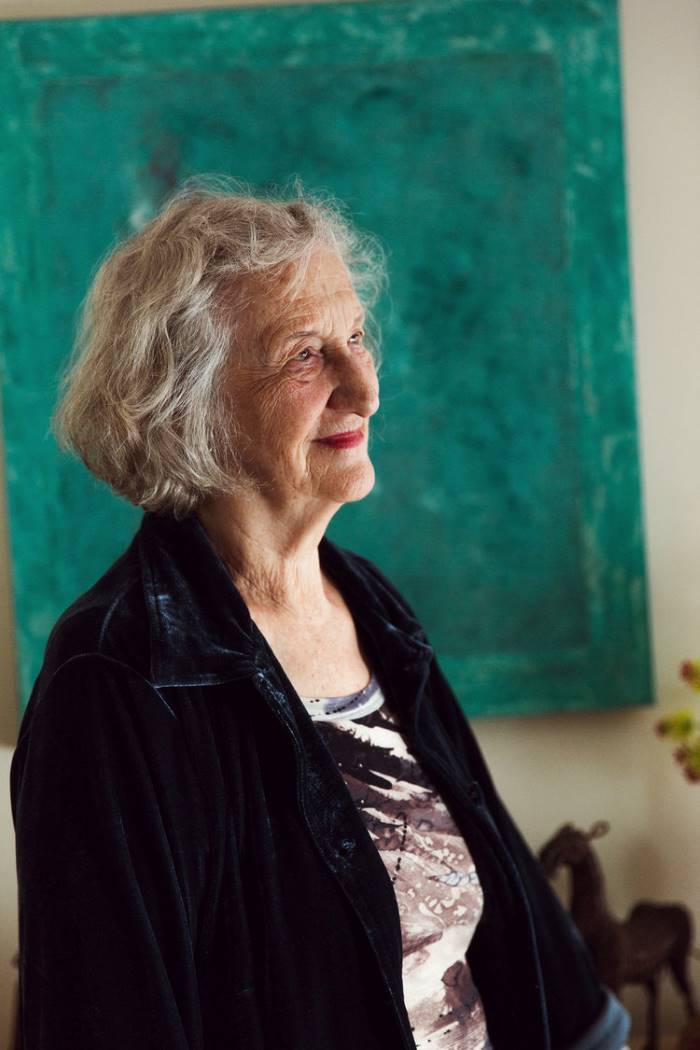 That makes the concerto sound less entertaining than it was – especially when played by its dedicatee Alison Balsom, who gave the world premiere with the CBSO in Cheltenham this summer, and who performed it tonight with a warm-hued expressive palette and an almost conversational ease. Conversation is a large part of this concerto. Musgrave (pictured right, by Bryan Sheffield) has taken landscape paintings by Victoria Crowe as her imaginative starting point, but while she rejoices in setting up arresting musical images – string chords deepening like a snowdrift; solo trumpet suddenly surrounded by branching, blossoming woodwind lines – the heart of the piece comes in the playful interactions between soloist and various members of the orchestra.
That makes the concerto sound less entertaining than it was – especially when played by its dedicatee Alison Balsom, who gave the world premiere with the CBSO in Cheltenham this summer, and who performed it tonight with a warm-hued expressive palette and an almost conversational ease. Conversation is a large part of this concerto. Musgrave (pictured right, by Bryan Sheffield) has taken landscape paintings by Victoria Crowe as her imaginative starting point, but while she rejoices in setting up arresting musical images – string chords deepening like a snowdrift; solo trumpet suddenly surrounded by branching, blossoming woodwind lines – the heart of the piece comes in the playful interactions between soloist and various members of the orchestra.
A long, luminous duet with the CBSO’s own trumpeter Jonathan Holland gave the concerto its smiling and understated final resolution; but before that, Musgrave had brought the clarinettist Oliver Janes to his feet in what might or might not have been a conscious echo of her previous CBSO commission, her Concerto for Orchestra, premiered fifty-one years ago in 1968. Either way, this first of the CBSO’s Centenary Commissions (we’re promised 20 in total over the next two seasons) seemed to find its mark. At one point a ripple of appreciative laughter ran round the audience: not something that you hear with every piece of contemporary music.
But if, after a rediscovered rarity and a brand new concerto, you expected Gražinytė-Tyla to play it safe in the second half; well, you haven’t been paying attention to what’s been going on in Birmingham these last few seasons. Sakari Oramo’s Anglophilia found some surprising outlets during his Birmingham tenure – Constant Lambert, John Foulds, Gilbert and Sullivan – but even he was never quite so quixotic as to champion Christopher Palmer’s lavish 1988 “Symphonic Suite” from Walton’s doomed romantic opera Troilus and Cressida.
Gražinytė-Tyla went at it without a hint of inhibition. And while it might not be a masterpiece – still less the Walton Third Symphony manqué that some commentators have suggested – there’s no denying that it sounds ravishing. The four movements are a sunkissed orgy of 20th century orchestration at its most glitteringly gorgeous; the rapturous consummation of Walton’s long, sensual love affair with the Mediterranean world. Gražinytė-Tyla is in her element with these blockbuster orchestral frescoes, whether by Weinberg, Widmann or Walton, and she carried it all along with unflagging sweep and bright-eyed exuberance. Horns thrusted, harps and celesta swooned, and as trumpets swaggered through the texture in best Cinemascope style (apparently Walton referred to that particular passage as an “MGM bit”) or Straussian string textures dissolved, on the turn of a phrase, into dewy translucence, Gražinytė-Tyla never for a moment gave the impression of being in anything other than complete command – and enjoying herself hugely.
Terrific music doesn’t necessarily add up to effective drama, of course, but it was more than enough to make you wonder whether this opera – the love of Walton’s musical life, unstaged in the UK this century – deserves another look. For now it drew enthusiastic applause from a respectably sized audience, none of whose members, surely, can have heard all three of these pieces performed live before tonight – and still less with such irresistible flair.

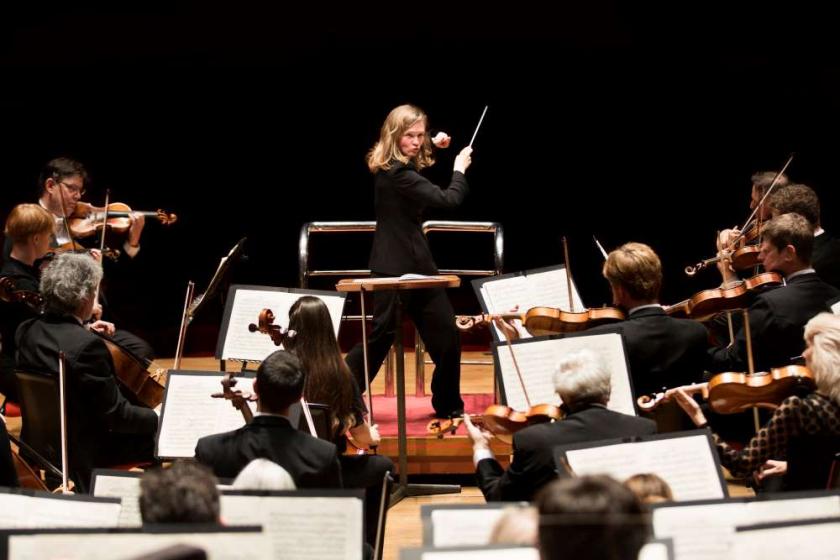






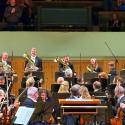



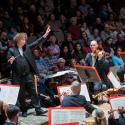
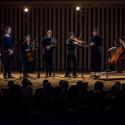

Add comment